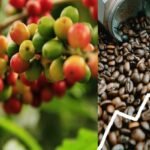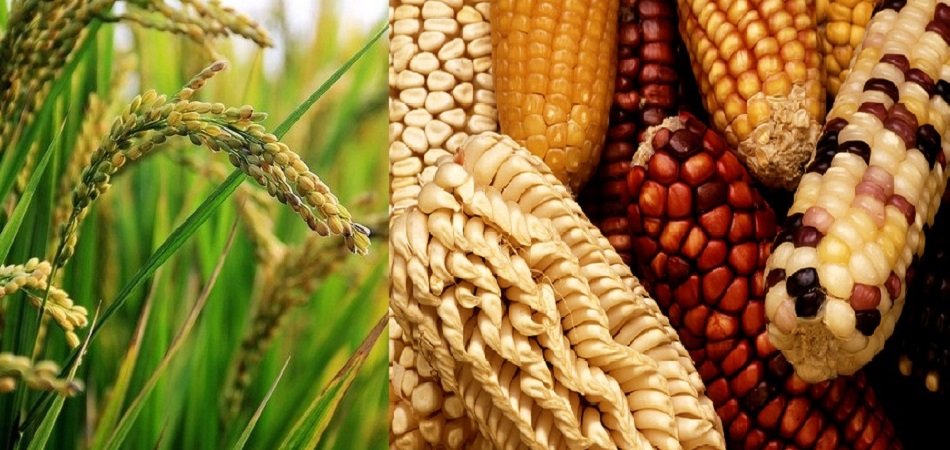As China expands its production of genetically modified crops, it is taking steps to offset areas of GMO opposition that have hampered the technology’s adoption.
Though China was the first country to commercially grow GM crops, beginning with virus-resistant plants grown in 1988, it has trailed behind other countries in adopting new crops. GM maize and rice types were granted biosafety certificates more than a decade ago, but they were never commercialized, owing in part to consumer objections. Cotton is the only commonly produced GM crop.
Also Read | What is GM rice? Is it grown in India? Was it exported from India?
That, though, looks to be changing. According to Xinhua news, China has launched a detailed strategy to strengthen the country’s innovative capacity in agricultural science and technology in order to ensure food security. The decision is in keeping with the Chinese Academy of Agricultural Sciences’ five-year development plan (CAAS).
Given its geopolitical dominance, and especially its expanding contribution to the global food trade, China’s adoption of biotechnology has worldwide economic and environmental implications.
However, even as government agencies strive to authorize new GM crops, China must contend with savage anti-GMO onslaughts spread via social media, a campaign that was mostly successful in altering public mood and views against GMOs. Other reasons that have tainted GMOs in the public eye, according to Chinese research, include a lack of awareness and comprehension of GM technologies.
R & D and Exports
Despite popular opposition, the state has been warming to GM crops, as seen by the president’s directive to scientists to speed research and innovation in order to ‘dominate the high points’ of biotechnology.
GM crops have been promoted as a viable means of feeding China’s massive population of more than 1.4 billion people while reducing the country’s reliance on major agricultural exporters, particularly the United States.
In 2020, US agricultural exports to China were valued at $26.5 billion, a 40% increase since 2011, and China was named the top US agricultural export market for the year.
Though soybeans are China’s most important agricultural export, they are also the country’s primary import from the United States, mostly for use as livestock feed. China looks to be attempting to reverse this trend by introducing higher-yielding GM soy and maize.
After a nearly 10-year trial program, the two crops received safety certificates early this year, opening the path for commercial production. According to ISAAA (The International Service for the Acquisition of Agri-biotech Applications), safety certificates for manufacturing and application were awarded to four GM corn and three GM soybean types that were pilot tested in 2021.
Reduce worldwide pesticide consumption
According to Liu Peilei, director of the Agricultural GMO Safety Management Division of the Science and Technology Education Department of the Ministry of Agriculture and Rural Affairs, the results showed that China’s GM soybeans and corn have excellent insect and herbicide resistance, high yields, and environmental benefits.
Peilei praised the benefits of genetically modified soybeans, claiming that they only have one pesticide spray to achieve more than 95 percent weed control. Weeds are a significant cause of agricultural loss. GM corn was linked to yield gains ranging from 6.7 to 10.7 percent.
To present, China has approved 11 GM crops with a variety of features, the most common of which are herbicide tolerance, pest resistance, and drought tolerance. According to the ISAAA’s GM-approved data source, these crops are Argentine canola, cotton, maize, papaya, petunia, poplar trees, rice, soybean, sugar beet, sweet pepper, and tomato.
Also Read | China Farmers abandoning other crops in favour of maize due to high profit margins
Given the volume of agricultural production in China, the increased acceptance of GM crops is also expected to considerably reduce worldwide pesticide consumption. According to a study published in the journal PNAS, China has experienced a large and consistent reduction in pesticide use linked with cotton farming since the adoption of GM cotton in 1997.
According to a report published in GM Crops & Food, the introduction of GM insect-resistant crops has reduced pesticide spraying by 775.4 million kg (8.3 percent) globally. GM herbicide-tolerant technology has also helped to minimize greenhouse gas emissions by reducing fuel consumption and tillage, as well as increasing soil carbon absorption.


















Add Comment